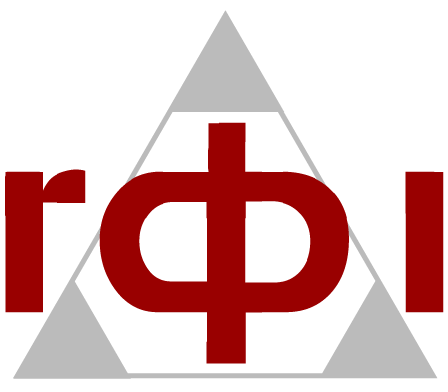Coaching manager
Today, the so-called 'soft skills' are often the most important, particularly when people go into a leadership and management role. Supporting people, communicating effectively with them, delegating, helping them develop in their own careers and so much more are all part of the role of a top-class modern leader that people want to follow.The course can be tailored to meet the specific needs of a company and the managers involved.
All the sessions below are modular and can be mixed and matched to create the perfect training for each person and / or company.
The role of the team leader
- The role of a team leader in the organisation. What's different?
- Difference between management and leadership - a Self-Perception Inventory
- The role of the team leader in managing the task / individual / team responsibilities
- Understanding personal strengths and authentic leadership style
- The foundations of leadership and the practice of leadership
- An insight into the needs and strengths of others
- Leadership styles and their impact in varying situations, developing a Helicopter mind
The team leader as coach
- Running your own Tribe
- What is coaching? A straight-forward definition of what coaching is and what it is not
- The core principles of coaching - listen; hear; respond accordingly
- The skill of active listening
- Why is coaching an effective management strategy?
- The use of critical questions and how they can be successful
- Coaching Practice - coaching sessions to put into practice what is being learned with an opportunity to feedback and reflect
- When and how to coach - Hints and tips for a coaching conversation, both development and day-to-day
Building high-performance teams
- Identify the characteristics of high performance teams
- The balance and relationship between productivity and motivation
- Team development cycle:
- Establishing team norms, vision and values
- Establishing roles and responsibilities
- Resolving conflict and steer the team to a collaborative way of working by building trust and respect
- How to set team goals and motivate the team as well as individuals that improve overall performance
- Team dynamics and how to recruit effectively to provide balance and strength to the team
- Time Stealers - more productive and effective use of time
- Manage an effective team meeting
Powerful communications
- The communication process
- Communication skills
- Communicate to influence
- Dealing with different people and difficult conversations
Managing high performance
- Individual needs and triggers
- Techniques for providing feedback and setting goals for poor performance
- The Force Field Analysis Chart - how people respond to change
- An understanding of the difference between counselling and coaching for performance
- Different intervention techniques
- Ways of measuring performance against agreed benchmarks and goals. A pro-active approach to performance management
- The skills to delegate both upwards and downwards using the stewardship model
© RDP International Ltd 2013-2024
